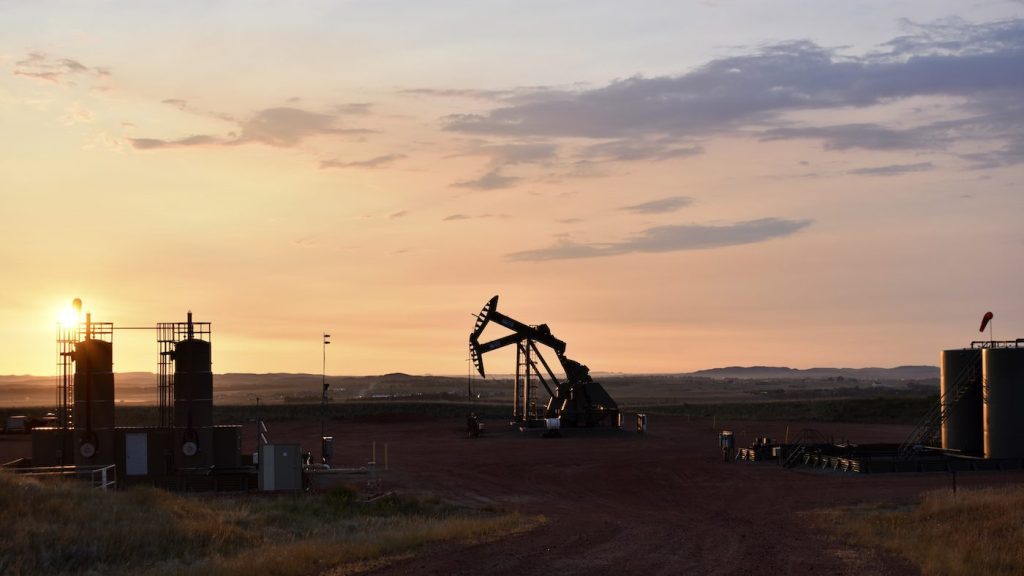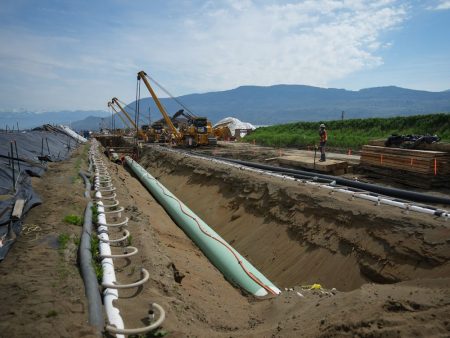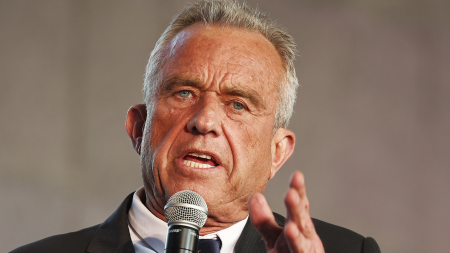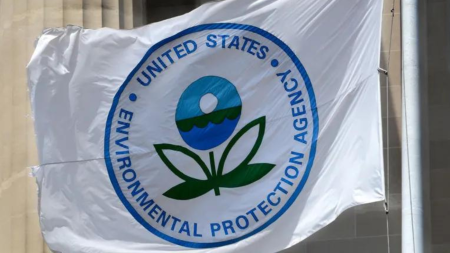The Biden administration has finalized new regulations for extracting oil and gas from public lands. They claim that this will reduce both wasted fuel and the release of gases that contribute to global warming from the production of these fossil fuels.
The regulations would make oil and gas drillers confirm that they will collect all the oil and gas produced from their wells or create a plan to minimize wasted gas.
The Interior Department stated that this regulation is forecasted to generate an additional $51 million in government revenues every year and provide $17.9 million in benefits related to climate change to the society.
A proposed version of the rule was expected to have climate benefits equivalent to taking nearly 1.6 million gas-powered cars off the road. It’s not immediately clear whether that figure had changed in the final rule, and spokespeople for the department did not immediately share regulatory impact documents with The Hill.
“By using modern technology and best practices to reduce natural gas waste, we are taking long-overdue steps that will increase accountability for oil and gas operators and benefit energy communities now and for generations to come,” Interior Secretary Deb Haaland said in a written statement.
The regulation is anticipated to prevent the loss of $1.8 million worth of gas every year for the industry, but it will cost the industry $19.3 million yearly in compliance expenses.
Oil and gas can be found together, and sometimes oil companies will release or burn off some of the gas — which tends to be less valuable than oil — that they produce.
The primary element in gas is methane, which is over 28 times more powerful than carbon dioxide in terms of warming the planet.
Wednesday’s regulation is technically the first revision to waste regulations for drilling on public lands in decades, even though the Obama administration had tried its own modifications.
The Obama-era rule, which was never fully put into action, and the Trump administration’s effort to overturn it, faced legal obstacles. One problem with the Obama regulation was that it relied too much on the benefits of reducing pollution, rather than cutting down on waste.
Additional provisions in the regulation, which also applies to drilling on tribal lands, require oil and gas operators to have systems in place to identify and fix methane leaks.
Environmental advocates expressed their support for the regulation.
“Taking action to limit methane waste on public lands offers a win-win-win for taxpayers, producers and communities harmed by this waste and associated pollution,” Jon Goldstein, senior director of regulatory and legislative affairs at the Environmental Defense Fund, stated in a written statement.









